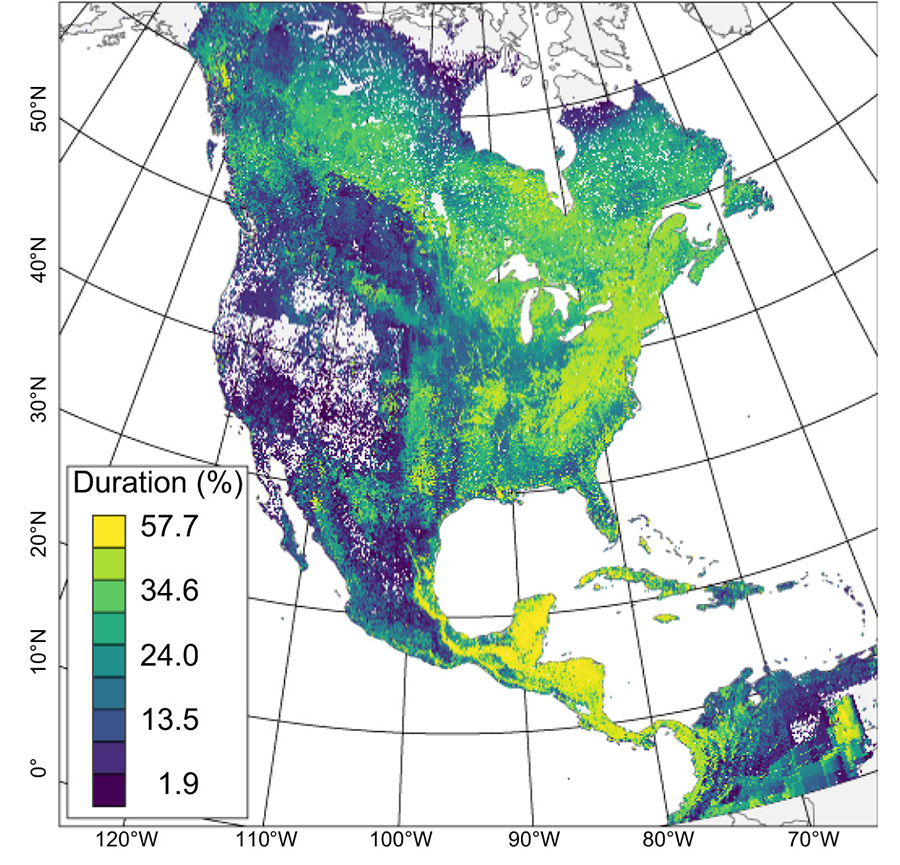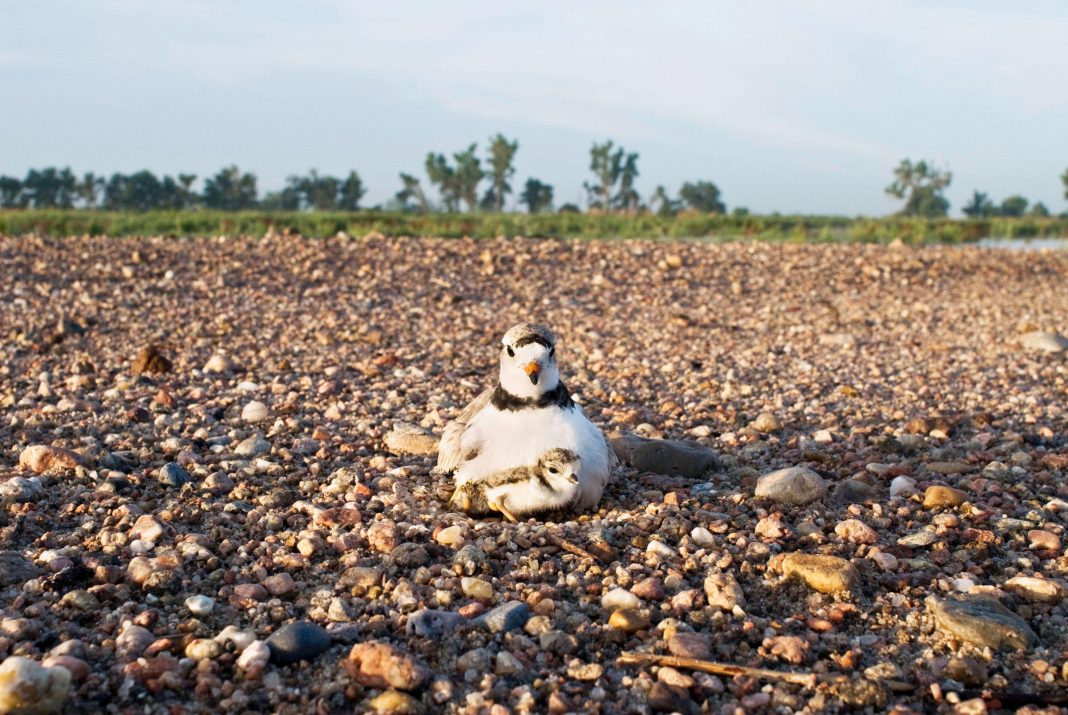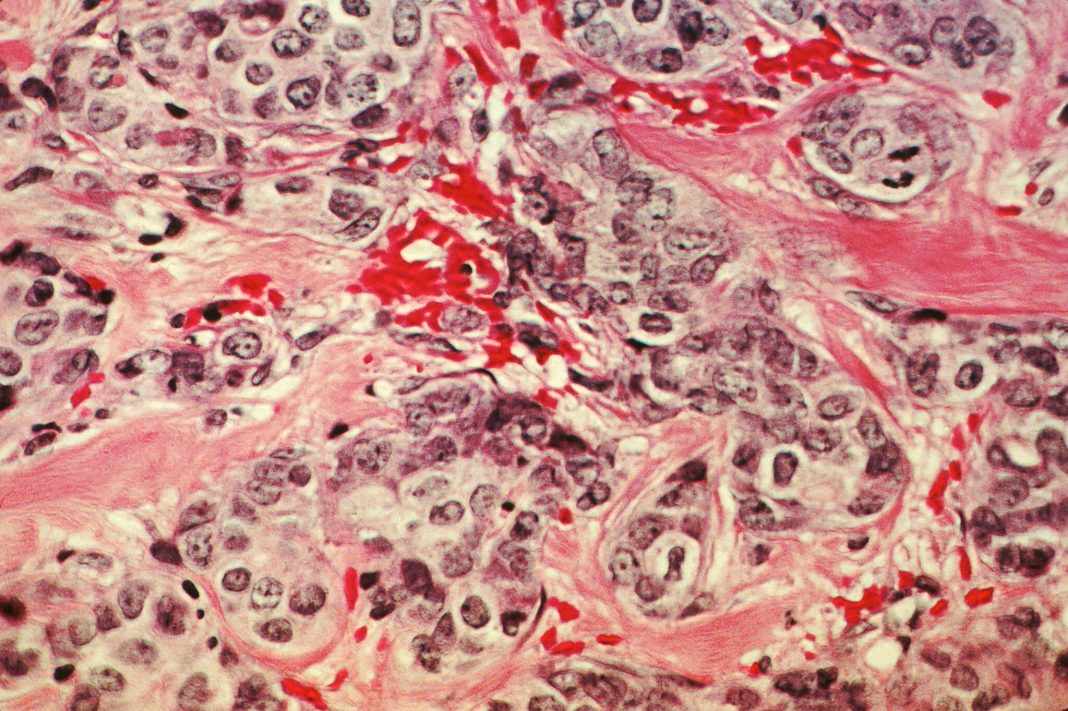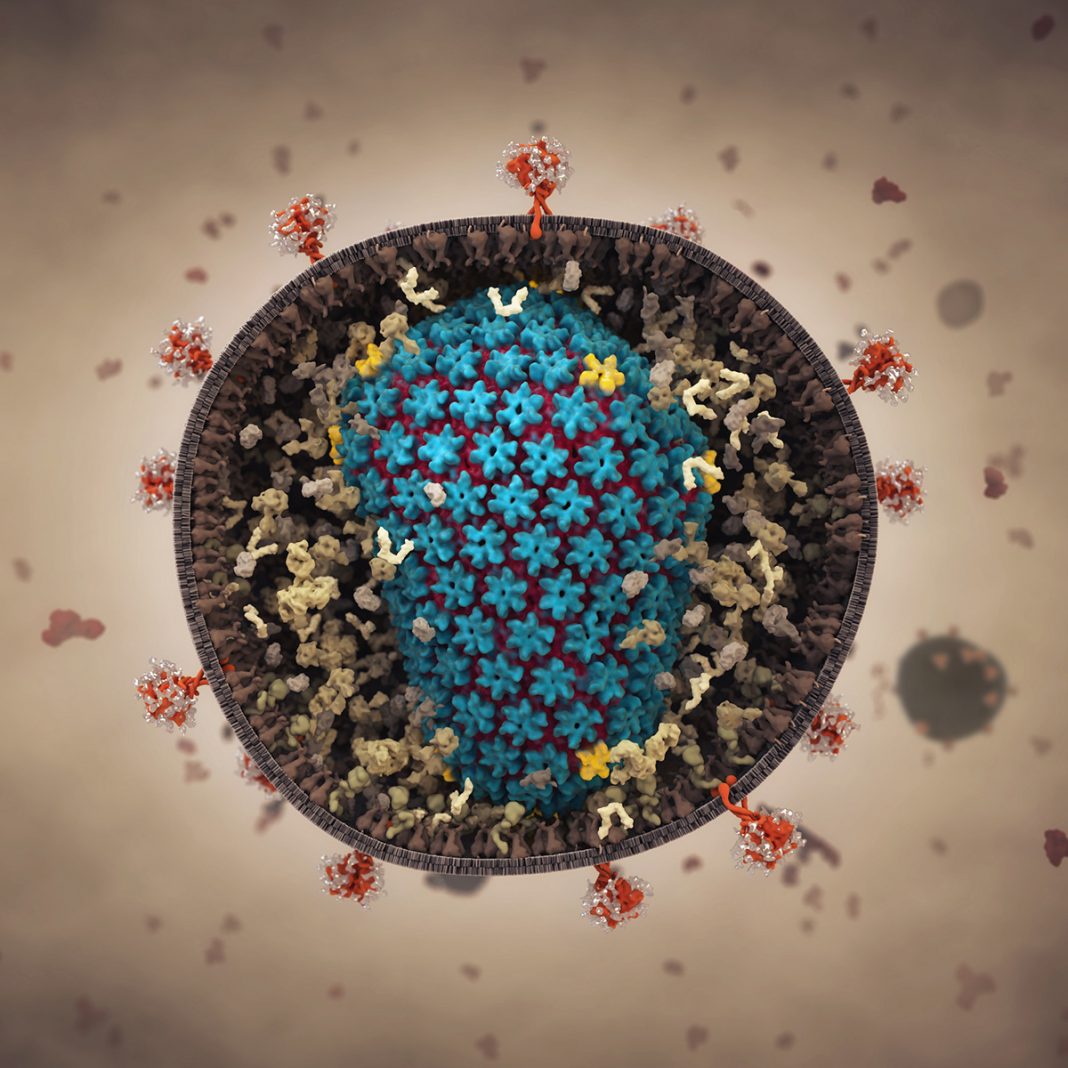According to a study published in Global Change Biology, habitat loss through the migratory route of east coast birds will have a more profound impact than previously believed in the upcoming decades.
In past studies, the focus has primarily been on habitat preservation in east coast breeding grounds and breeding seasons alone. However, lead author Frank La Sorte from the Cornell Lab of Ornithology says that doing so misses other key factors.
“We found the species we studied spend up to 60 percent of the year on their wintering grounds in Central America, where they occur in higher numbers and densities,” he explained.
To obtain results researchers used volunteer observations of population habits and densities of species like warblers, vireos, and flycatchers, over a ten year period, then modeled various scenarios for climate and habitats in those areas.
The study predicts that by the end of the century, these migratory birds will face a number of dramatic changes including an increase of surface temperatures both in breeding grounds and migratory lands, up to 25 percent more rainfall over winter in their breeding grounds, and continued loss of habitat due to human deforestation for land repurposing.
La Sorte says that for conservation to be most effective it should concentrate on the when and where birds at any given throughout the year. For example, ensuring plenty of food on the east coast of the U.S. in the time just before migration, preserving land areas and food sources for rest and refueling across the country as they migrate to Central America, and protected areas during the winter months in warmer climes.
Article writer; Pat Leonard, via Cornell Lab of Ornithology.

More News to Read
- Mathematical Algorithms Reveal New Information About Aggressive Breast Cancer
- New AI Finds Recipes Using only Pics of Food
- Will Spintronics Soon Replace Silicon in Next Phase Computers and Phones?
- Breakthrough IBM Z Mainframe Promises to Stop Data Theft
- Quantum Data can be Secure even When Remote Accessed with Traditional Computers











